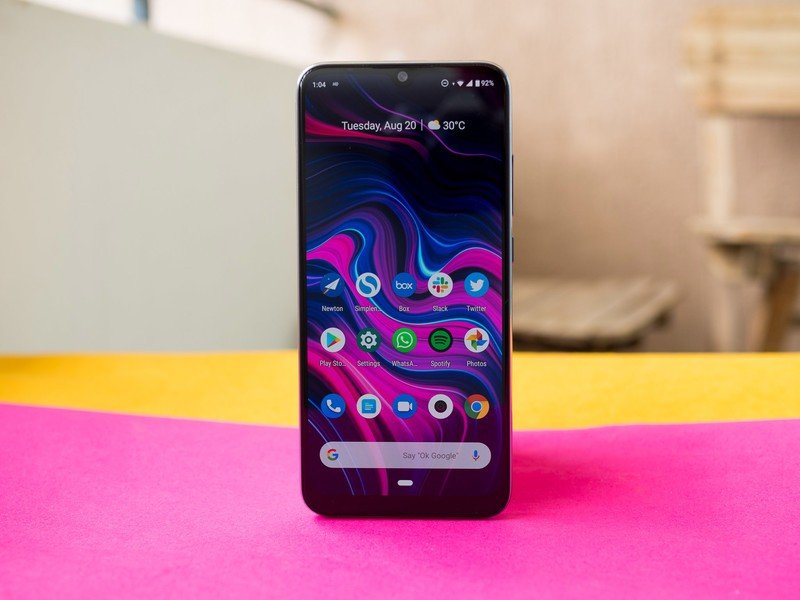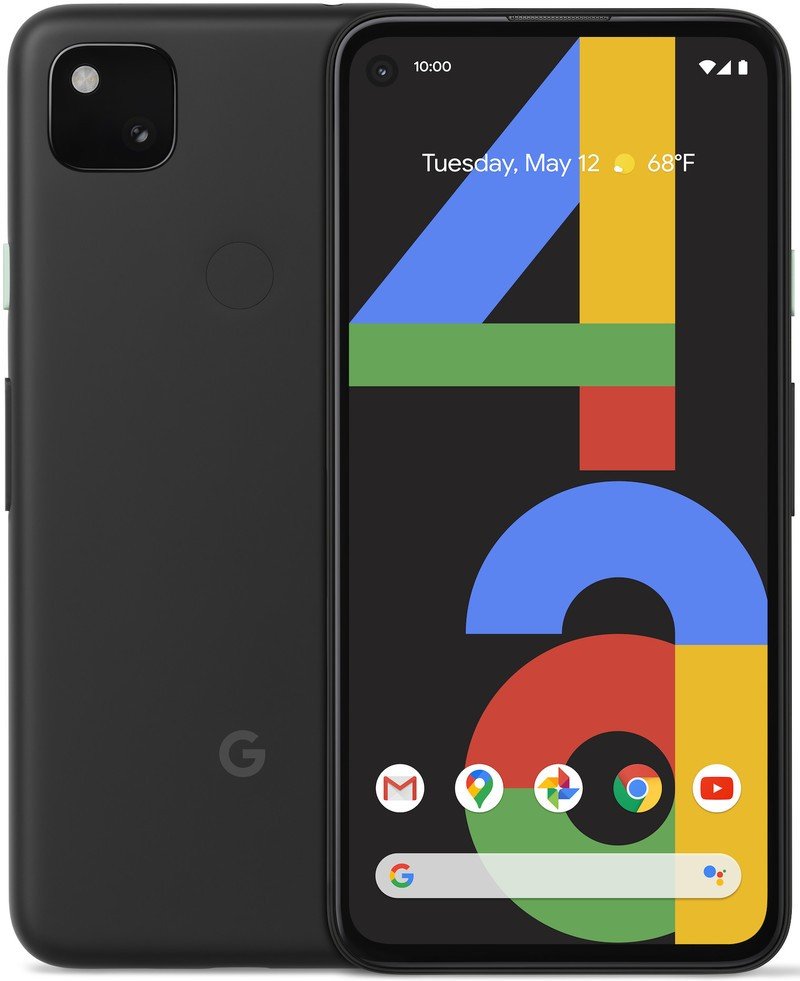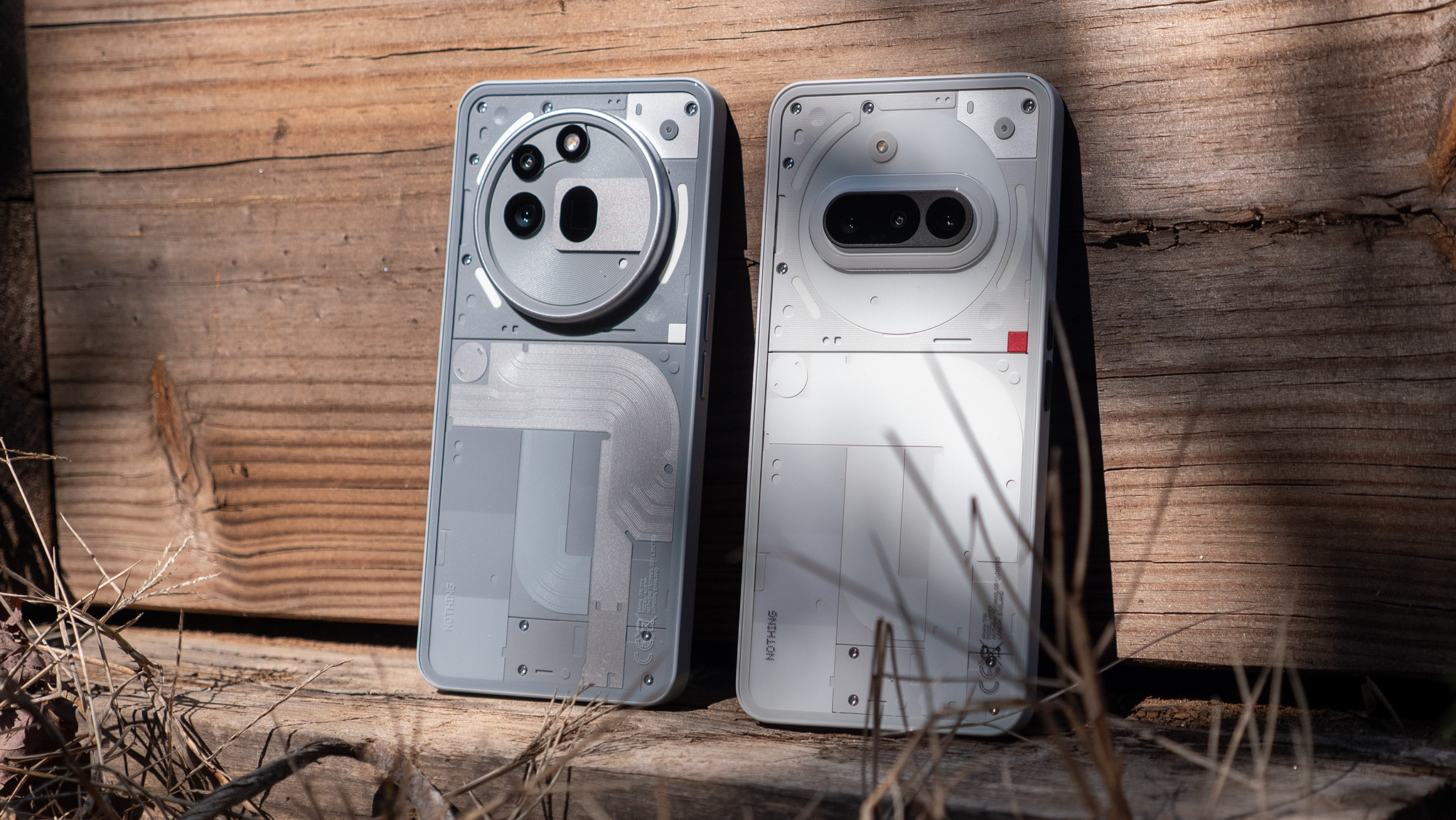Xiaomi's Mi A3 update debacle highlights the woes of Android One

Get the latest news from Android Central, your trusted companion in the world of Android
You are now subscribed
Your newsletter sign-up was successful
Xiaomi has a chequered history with Android One. The brand makes some of the best Android One phones, and it in fact kicked off the second wave of the Android One program with the Mi A1 back in 2017. Both the Mi A1 as well as its successor — the Mi A2 — were well-received, but they weren't without their share of problems, particularly around software updates.
The Oreo platform update for the Mi A1 was riddled with battery and fingerprint issues, and the Mi A2's Android 10 update had problems with the microphone and calling features. Xiaomi had to halt the rollout of the update numerous times to fix problems that surfaced with every subsequent rollout.
Xiaomi has once again run into issues while delivering the Android 11 update to the Mi A3, and in this instance the build ended up bricking phones. Here's the timeline: Xiaomi started rolling out the stable Android 11 update to the Mi A3 on December 30. But immediately after the OTA update started going out, posts surfaced on Reddit warning other Mi A3 owners that the update was bricking devices.
Xiaomi sent out a statement on January 2 that it has halted the update to investigate these issues:
It has come to our notice that few users of Mi A3 are facing issues with the recent OTA update of Android 11. While the rollout has been stopped already at our end, our teams are working towards resolving the issue at the earliest.
By this point, several users installed the update and had their devices bricked. Xiaomi sent out a follow-up statement on January 4 asking users to take their phones to service centers to get them fixed free of cost, a minor consolation considering an errant update caused the issue in the first place:
We are aware of the issue on some Mi A3 devices following a recent Android 11 update. We have since halted the rollout.We kindly request users who experience this issue to visit any of the 2,000 plus service centers across the country nearer to you wherein a solution will be provided for free unconditionally (within or beyond warranty).We regret the inconvenience this has brought about. As a brand committed to offering the best possible user experience, we will continuously improve our products and services.
Xiaomi restarted the Android 11 update once again on January 5, but it looks like even this build isn't free from issues. Users that installed the update noticed problems with Wi-Fi calling, slow charging, and wonky animations:
After android 11 update
- chat bubble not showing
- no native screen recorder
- no wifi calling
- can't copy text in recent window menu
- only notification shade, power button menu and some animations are changed that's it. What's this update for ?#mia3 #mia3android11After android 11 update
- chat bubble not showing
- no native screen recorder
- no wifi calling
- can't copy text in recent window menu
- only notification shade, power button menu and some animations are changed that's it. What's this update for ?#mia3 #mia3android11— Pratheek Bhat (@Pratheek_Bhatt) January 6, 2021January 6, 2021
The state of Xiaomi's Android One updates is in stark contrast to MIUI. The Chinese manufacturer rolled out the stable MIUI 12 update based on Android 11 to the Mi 10 and Redmi Note 9 series, and there haven't been any issues with that particular build. It's clear that Xiaomi just doesn't care about its Android One devices — or isn't willing to dedicate any resources toward testing these builds before they go out.
Get the latest news from Android Central, your trusted companion in the world of Android

While Xiaomi's Android One efforts have fared relatively well in terms of sales figures, they pale in comparison to the tens of millions of sales the Redmi Note series racks up every year. And as we've seen in the past with the Android 10 update for the Mi Mix 3, Xiaomi just doesn't bother to update phones that haven't sold in the millions.
So what's your best course of action if you're using the Mi A3? You can try waiting for Xiaomi to sort out the issues with the Android 11 update before installing it on your phone, or install a custom ROM for the device. There are a lot of decent options available, including a MIUI 12 build.
And if you're in the market for a new Android One phone in 2021, your options are essentially limited to whatever Nokia is selling at the moment — in fact, you're better off just picking up a Pixel 4a at this point. Xiaomi hasn't released an Android One device in 2020, and it has likely walked away from the initiative altogether. Looking at the sheer number of software issues that have plagued the manufacturer over the last three years, it makes sense for Xiaomi to focus its efforts solely on MIUI.

A truly fantastic phone
The Pixel 4a is the default choice if you want a budget phone with clean software and decent internal hardware. There are no slowdowns here in day-to-day use, the camera is better than any other phone in this category, and you'll get three years of Android updates.

Harish Jonnalagadda is Android Central's Senior Editor overseeing mobile coverage. In his current role, he leads the site's coverage of Chinese phone brands, networking products, and AV gear. He has been testing phones for over a decade, and has extensive experience in mobile hardware and the global semiconductor industry. Contact him on Twitter at @chunkynerd.
